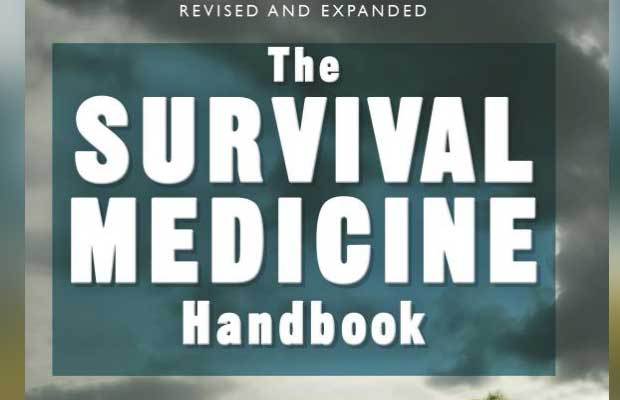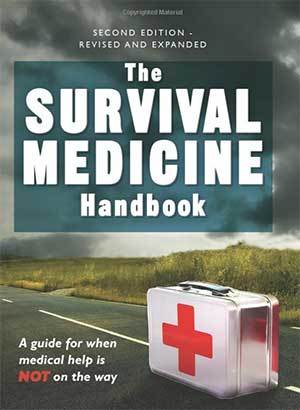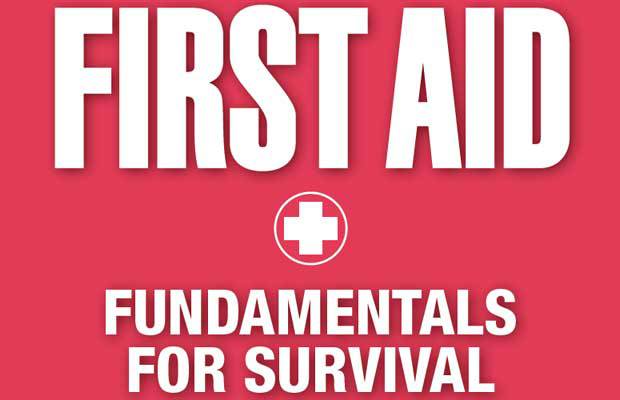
This book was not initially listed on my list of 32 Must have prepper books only because I had not read it personally myself. I still haven’t read the Survival Handbook cover to cover, but I have read enough to comment on my thoughts about this resource and its upcoming inclusion in my list.
Before I begin, I want to level set expectations here about what this book is and Dr. Alton and Nurse Amy do the same for you in their own words right up front in their own book as well. This is not a technical manual that is given to medical students when they are learning these topics. It is a handbook and the language is written in plain-speak meant to distill a ton of information into small digestible chunks. I think the authors are very clear with that but I have read a few other reviews from people who complain that the book didn’t go into enough detail. Which leads me to question; what these complainers were expecting in the first place?
If you expect to be able to pay less than $40 for a book that teaches you everything you are going to learn in medical school, you need a reality check. That simply isn’t going to happen and to believe that all you need are a few highly technical manuals, but zero training and you will be all set to survive Armageddon as the local surgeon I think you are delusional.
Now, with that out of the way, I think this book is a tremendous resource for the average prepper who can easily tackle a lot of the subjects covered by this book and in doing so, help their fellow survivors to heal and stay healthy.
The Survival Medicine Handbook covers a wide range of topics, but I think it was written from the perspective of complete novices having to deal with injuries and illnesses you might encounter any normal day, but without the ability to drive down the road to your local Primecare or hospital. There is a decent sized section up front that deals with the reality of our world now and as so many other books that are prompting you to begin prepping, the Survival Medicine Handbook lays out the case nicely. After the why you should be prepping section, Dr. Alton and Nurse Amy dive right in and cover everything from hygiene and sanitation to hemorrhoids. Actually they go further, but I thought that was a nice place to end. – pun intended.
The Survival Medicine Handbook covers a lot of ground on topics that you would expect from simply being outside more often than you might be used to and thinking about a SHTF event, this could be normal for most of us. There is plenty of content on wound treatment which along with illness I think are two of the three most scary aspects of life in a grid-down world. As long as you are staying healthy by not contaminating what you come into contact with by practicing good hygiene, the next thing you have to worry about is getting hurt or getting sick. The handbook lays out clear instructions on how to do things like suture skin (which definitely takes practice), treat burns and even amputations. Like I said, there aren’t technical instructions with dozens of photos, but the process is clearly described and if you find yourself in the situation of needing to amputate a leg, the actual procedure isn’t the most important thing I don’t think.
Which brings me to the third scariest aspect of a collapse and that is a lack of medicine. We have a lot of companies who sell fish antibiotics but the Survival Medicine Handbook actually tells you what to use to treat different ailments.
All in all, I think this is an incredible resource that along with some medical training, the will to help and treat people and some common medical supplies would give you the prepared individual a huge leg up if we have to go through a collapse. This book is hefty and at over 500 pages, I doubt many people would be bugging out with it, but I do think the Survival Medicine Handbook deserves a place on your survival bookshelf. I know I am glad it is on mine.

















